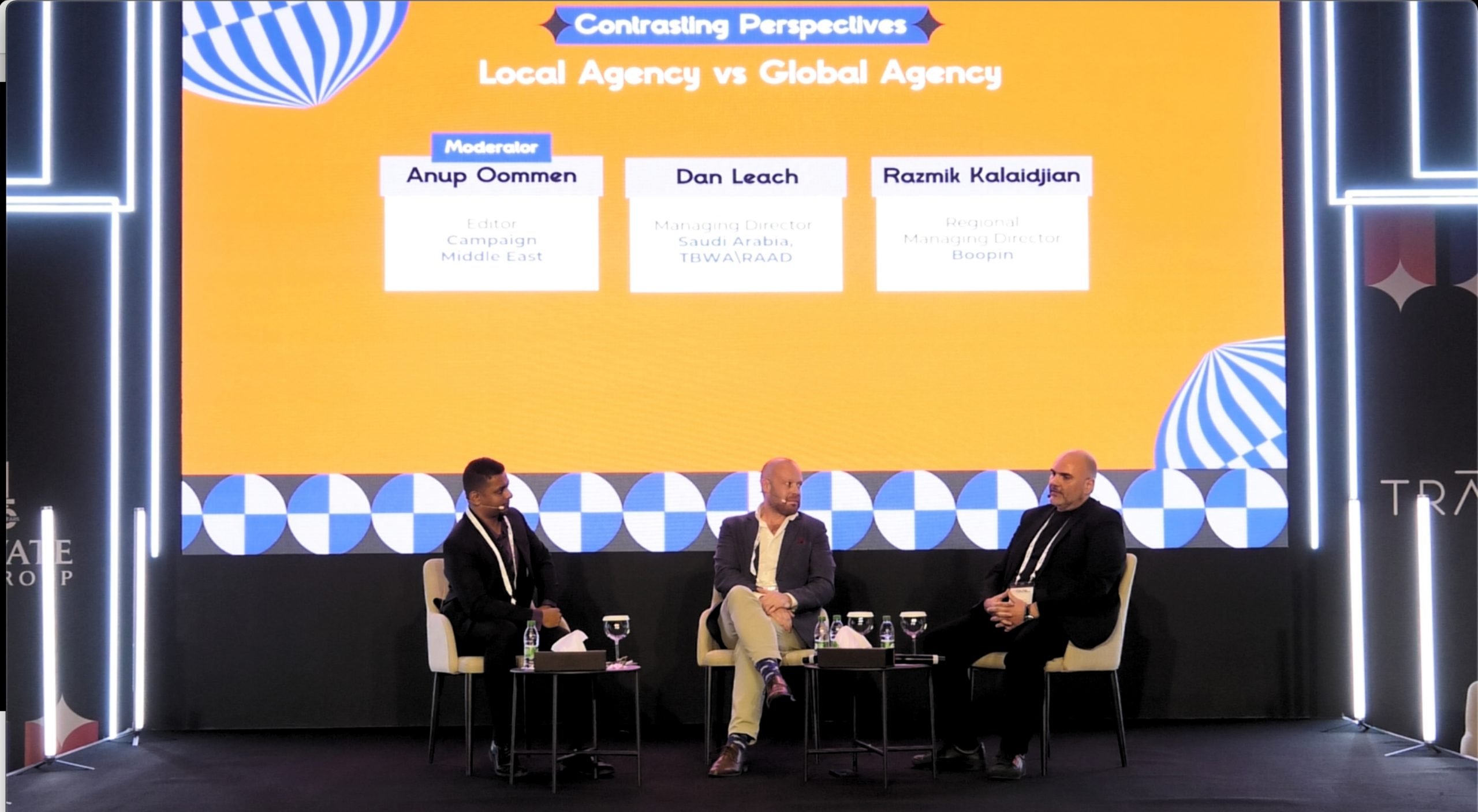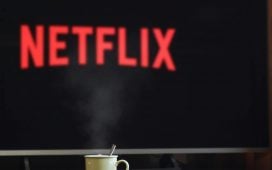
One of the most heavily debated topics in Saudi Arabia at the moment is whether clients and brands should pick local or global agencies to meet their brand, creative, marketing and communication needs.
There is a perception that local agencies best understand local consumer behaviour, local culture, jokes and humour, the local Arabic dialects, traditions, partnerships and connections, local talent such as influencers, producers and celebrities, and can solve for local problems better.
The prevalent perception – which some call prejudice – also states that global agencies bring to the table the best of global technologies, best practices, international benchmarks, a network of talent and influential celebrities, and globally recognised marketing veterans.
With competition higher than ever before and with procurement problems being discussed in the market, with pricing, margins, and deadlines getting tighter, the animosity around local or global agencies has risen.
To address this issue out in the open, Campaign Middle East editor Anup Oommen moderated a debate at the Athar – Saudi Festival of Creativity akin to a ‘boxing match’ with Razmik Kalaidjian, the Regional Managing Director of Boopin, in the ‘blue corner’ representing local agencies, and Dan Leach, Managing Director for Saudi Arabia at TBWA\RAAD, in the ‘red corner’ representing global agencies.
Global vs local: The weigh in
The debate, titled ‘Contrasting Perspectives: Local Agency vs Global Agency’, began with a ‘weigh-in’ of opening arguments from Leach and Kalaidjan, before the fighters touched gloves and threw punches on creativity, technology and a path forward.
Making the case for global agencies in his opening statement, Leach said, “There are three great reasons to go the global way. Firstly, we all know that global agencies are a great hub for talent. We have 13,000 employees, and while there are specific talents allocated to specific brand teams, clients can also tap into any of our other talent at any time.
Secondly, we also have scale in terms of campaigns and creativity. This doesn’t mean that we create only global campaigns, but rather that we create targeted local campaigns and then take them out to the world. And, finally, I think we have unrivalled access to data, technology and innovation. This is not merely a reference to third-party tools, but also includes access to in-house tools that we have invested in globally.”
Commenting on the benefits of local agencies, Kalaidjan said, “Local agencies are very quick on their feet. We’re nimble, agile and fast. We can U-turn quickly whenever we need to, based on the data, without the red-tape or the time it takes for global agencies to do so. In this fast-paced market, the speed to market and the speed of how quickly decisions can be actioned are a crucial differentiator. Secondly, it’s not just about hiring people who can do the job. It actually involves having people who live and breathe the local culture. They understand every aspect of their audience because they are a part of that audience. And thirdly, for local agencies, any client is a huge client. Every client is a core part of their business. Every client has to get the utmost attention for that agency to survive – and the clients know that. We live and die to ensure that the clients’ businesses are heading in the right direction.”

Round 1
Following the preliminary ‘weigh-ins’, we entered Round 1 of the ‘boxing bout’, which centred around creativity.
Over the past few months, the big ask from clients in Saudi Arabia has been about highlighting the most creative and eye-catching solution to the problem they’re looking to solve. Brands have made it clear that creative campaigns for the sake of awards or for the sake of coming across as creative aren’t good anymore. They need to prove their value within success metrics, whether these objectives are awareness, consideration or conversions.
Rallying energy for the first punch, Kalaidjan said, “Fundamentally, what we follow closely within local agencies is ‘pragmatic creativity’. We are not here to overcomplicate the marketing problem; we are not here to reinvent the wheel. Our job is to answer a very specific inquiry from the clients with a very nuanced solution.”
Kalaidjan then shared an example of how his agency handled a very simple one-line brief from a client that read, “I want more footfall.”
“That’s what global agencies can’t do that we can,” Kalaidjan said. “It is allowing the clients to go straight to the point; understanding their needs without further explanations; not complicating or dissecting the problem further; solving it on the spot, giving them a solution, and being very pragmatic in driving the client’s business.”
Countering with the fact that both global agencies and local agencies are measured based on the same effectiveness metrics, Leach said, “I think where we can take things to another level is offering a certain guarantee of effectiveness – as much as people can guarantee anything within this industry. We use a lot of predictive technology to not just give a point of view on whether a campaign will be successful or not, but to offer recommendations on how to elevate the campaign. So, when it comes to creative effectiveness, it’s one thing to analyse results of a campaign afterwards, and completely another to analyse effectiveness on the go before a single riyal is spent.”
‘‘It’s time to think Saudi-first. We need to create campaigns that resonate locally and make a mark globally.”
Round 2
The debate then entered Round 2, which delved into the competitive advantages that global and local agencies can claim in terms of innovation and the use of cutting-edge technology to ensure speed to market and to meet the increasing expectations of clients and consumers alike.
Taking the example of Omnicom and TBWA, Leach said, “As a global agency, we’ve got access to not only a huge trove of global knowledge, experience, and expertise, but also 50 years’ worth of disruptive ideas and the strategic thought behind how these ideas have to life. With AI and our own internal co-pilot, which is so different from a generic ChatGPT, this becomes superpowered to achieve disruption.”
He went on to explain how TBWA’s in-house Collective AI learns from the extensive archives of more than 11,000 creative minds across 300 offices in 40 countries, accessing more than 50 years’ worth of disruptive ideas as well as the extensive archives powered by Omnicom Group’s partnerships with Adobe, Microsoft, Google and DALL-E.
“This accelerates the creative strategic process, while staying true to who we are as an agency, and it gives our clients and partners faster and better solutions,” Leach added.
Adding a local layer to the discussion, Kalaidjan said, “Local players and agencies are also able to advise on technology and innovation, but we have a slightly different take on it. We believe that we need to build our own local solutions. Technology can be very easily built, especially if it already exists within the market. We can very easily find technology that is relevant to clients, customisable to their needs, and then build from within the local market’s requirements to be truly effective within the market.”
Global vs local: the verdict
Before the panel concluded, Campaign Middle East reiterated the benefits of both local and global agencies.
The question was raised about whether the time has come for agencies, brands and public entities to consider a more collaborative approach instead of mere cut-throat competition.
“The short answer is yes,” Kalaidjan said. “There are several recent examples of multinationals collaborating with local agencies. Fundamentally, clients are the ones who enable an ecosystem of collaboration, as they can truly benefit from the inputs of both global and local agencies. We are absolutely open to being a part of such an ecosystem. Every agency – whether local or global – needs to understand that our individual business success or awards are not the end goal. The clients and the Kingdom of Saudi Arabia come first.”
Leach said, “The whole me-versus-you debate, although prevalent in our competitive industry, feels a bit old. I agree 100 per cent in the fact that there are huge benefits from being a local agency and from being a global agency here in the region. That is why we made a conscious effort to hire in the region as a Saudi-first agency, because we see ourselves as a local unit that is empowered to take decisions within a global organisation.”
Leach added, “It’s time to think Saudi-first. We need to create campaigns that resonate locally and make a mark globally. Creating campaigns that win awards are great, but true success lies in delivering real business results for clients. We all know our priorities and we all share one goal: drive growth for clients and contribute to the Kingdom’s Vision 2030.”
Who won the ‘boxing match’? Looks like the Kingdom of Saudi Arabia did.









